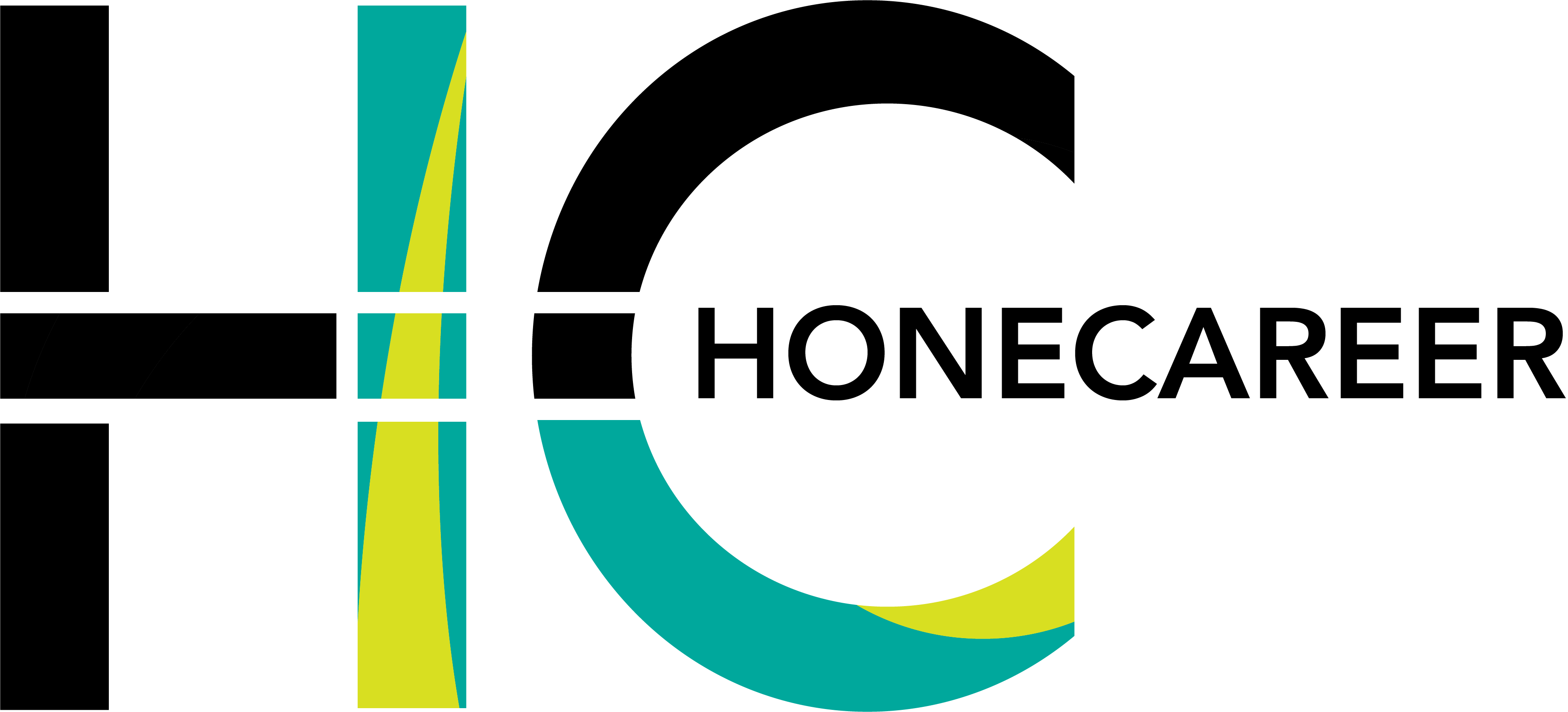
For students with clear goals who want to go beyond the standard curriculum: How can you master fast learning?
When entering university, students are typically provided with a structured path: start by studying the basics, gradually delve into more complex topics, and eventually specialize. For instance, if you are pursuing a Bachelor degree in engineering, you will first cover the basics like math and physics, and then gradually go in details. Finally, you’ll choose a specialized master’s program.
Students who have no idea what to do the next day after graduation the standard plan given by the university is doing the job. However, those who already have clear goals may find the pace of the standard curriculum too slow. That will make the process of reaching their goals longer…
Content
- Change your mindset about studying
- Stretch you skills
- Practice your skills deliberately
- Get feedback
Change your mindset about studying
After years of being a student, I realized that studying is essentially about acquiring skills. It’s either learning new skills or refining the ones you already have. For example, when you study math, you’re developing a set of problem-solving skills. In school, you learn to solve basic equations, but as you move into college, you discover that simple equations aren’t as useful for real-world applications. Instead, differential equations offer a better way to describe physical phenomena, and eventually, you learn how to solve complex ones.
Understanding that university is an environment designed to help you acquire and enhance skills can completely shift your perspective on studying. Rather than learning blindly just to pass exams, you’ll start focusing on the skills each subject can offer. You’ll also be motivated to ask your professors specific questions related to details you’re interested in. This mindset will help you make the most of your time at university and give you an edge over other students.
Now you acknowledge that studying is the equivalent of learning skills. So the actual question is how can you outperform the learning pace imposed by college? How can you embrace fast learning and acquire skills more efficiently? The ideas of this part are inspired from the famous book „ so good they can’t ignore you“ for Cal Newport.
Stretch you skills
University sessions are typically divided into lectures and exercises. During lectures, professors teach the theoretical foundations of a subject: proofs, historical development, rules, theorems, and the scientists behind them. In exercise sessions, you apply the high-level concepts from lectures to solve specific problems or conduct experiments. By following this system, you can usually earn decent grades. But have you truly gotten the most out of the lessons? Have you sharpened your skills enough?
If you’re unsure, it’s important to realize that sometimes you need to push yourself beyond what the university offers. You should delve deeper and explore concepts that may not be fully covered in class. For example, let’s say you learned a specific algorithm and how to apply it in certain scenarios. While knowing how to solve one use case might be enough to pass the exam, it won’t suffice if you aim to be a software developer, engineer, or researcher in the future.
If this sounds overwhelming, you’re not wrong—it is. But remember the premise: you know exactly what you want to do in the future. That means every extra effort you make now is an investment in achieving your goals.
So, how can you do this? The key to acquiring and sharpening new skills quickly is to challenge yourself. Instead of just learning something and repeating it, push your boundaries—explore new concepts and apply your skills to different contexts. This is what’s known as ‘stretching’ your abilities. By adapting your skills to various domains, you’ll not only master them more effectively but also uncover new knowledge in the process.
Going back to the example of learning an algorithm: by exploring alternative algorithms and solutions, you’ll gain insights into concepts like efficiency, scalability, and optimization, which are critical for future work in your field.
Practice your skills deliberately
The best way to learn is through practice, and the more efficiently you practice, the faster you’ll learn. Deliberate practice is the most effective method for those who want to move beyond the traditional milestones set by the university and outpace their peers. This approach hinges on the idea of knowing your goals so that your practice is fully aligned with what you need to achieve.
Let’s say your ultimate goal is to become a software engineer. Keeping this goal in mind will make your practice more focused and will deepen your engagement with the learning process. You won’t see coding homework as a condition to pass exams or earn a degree, but as opportunities to expand your knowledge and as gateways to your ultimate career goals.
To illustrate the power of this concept, consider two students, A and B, who are both learning German.
- Student A’s goal is to earn a certificate to apply for a German university.
- Student B also needs the certificate, but has an additional, personal goal: to communicate with native Germans and integrate into German culture.
At the end of the course, Student B is likely to be more fluent than Student A because their practice was driven by a specific, meaningful goal—becoming conversational in German. This goal naturally made Student B more focused on the communication aspect of learning, leading to greater success.
By adopting the deliberate practice strategy, you can make your learning process more efficient and save valuable time.
Get feedback
Grades are often used to measure how hardworking a student is, but are they still a reliable indicator of actual skills? In many cases, they’re not. For example, earning a 90% in a math class doesn’t necessarily mean you’re capable of applying the theorems you’ve learned to real-world problems that require engineering expertise.
This is where feedback from the right people becomes crucial. Constructive criticism from a professional who understands both the field and your abilities can provide deeper insights into your true capabilities. Such feedback raises your awareness and helps you identify areas for improvement to keep going in the right direction.
This article is based on the assumption that students have a clear vision of their career path after university. But what if you’re still unsure about which direction to take? The answer lies in exploring opportunities that provide real-world experience. Find out in this article: Why are internships and working student positions so important?





